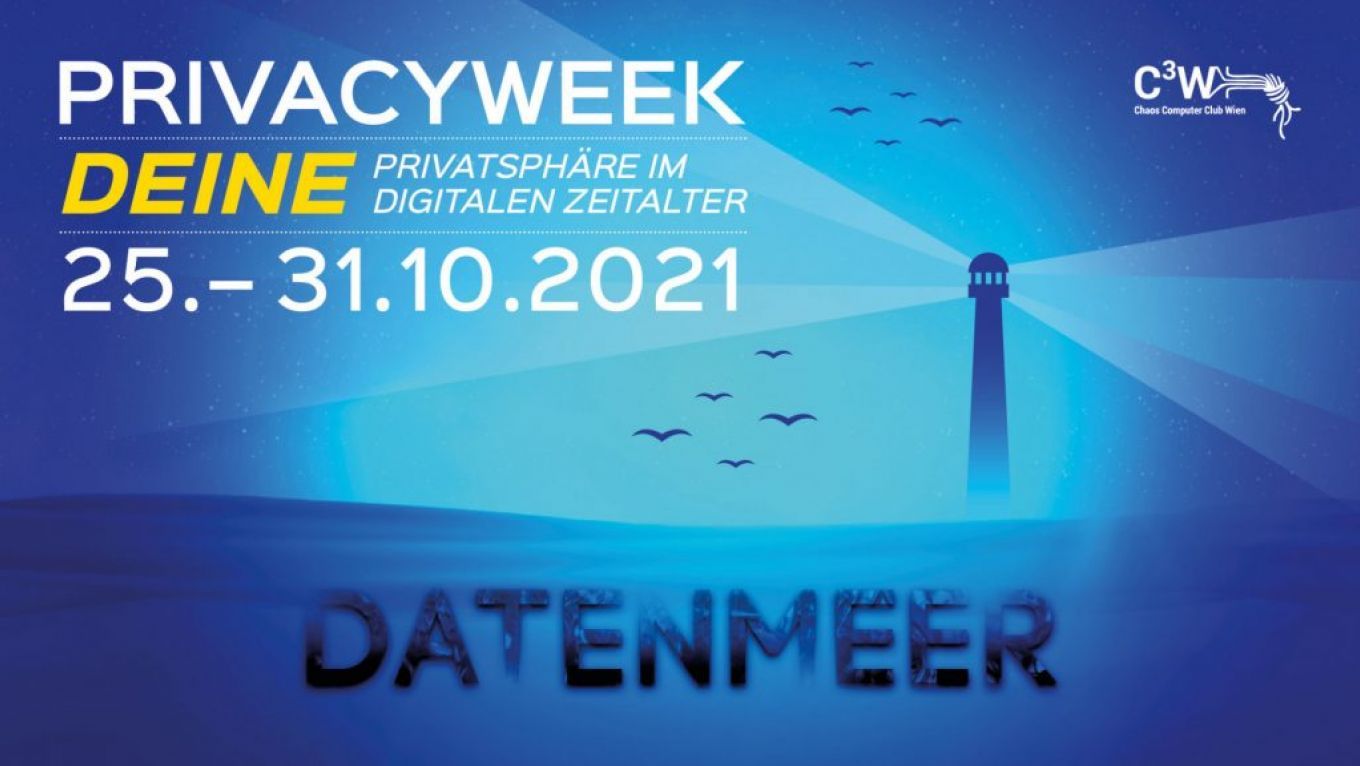PApTCHA: Partially Automated private Turing test to tell Computers and Humans Apart
October 30, 2021
12:00 PM – 12:45 PM Add to calendar
12:00 PM – 12:45 PM Add to calendar
Stream
PApTCHA, is a project that formally exists in the design interface of Google’s reCAPTCHA test. The content includes unique pieces of language artworks that act as a commentary on the ubiquitous phrases that online users encounter in the context of digital privacy.
PApTCHA, or: Partially Automated private Turing test to tell Computers and Humans Apart, takes the design elements from Google’s popular reCAPTCHA test (the Completely Automated Public Turing Test to tell Computers and Humans Apart) and turns it into a main-menu-meets-landing page for the collection language artworks featured in the piece. Specifically, viewers visit these pieces by clicking on the individual squares in the PApTCHA interface. Once inside a page, viewers encounter a term or phrase that is commonly used in digital privacy contexts online. Some of these include: “accept,” “agree,” “allow,” “block,” “continue,” “do not sell,” “do not track,” “I understand,” “your presence on this site,” and “was this information helpful?”
The theoretical foundation for PApTCHA begins with a process of decontextualization into re-contextualization. By pairing UI terms with their IRL linguistic counterparts, the project engages in a critique of digital privacy settings. In doing so, PApTCHA aims to expose the ways users opt to forgo a certain level of privacy in order to visit their preferred sites and to have uninterrupted experiences online and to undercut the notion that one has agency or choice when “managing” these settings.
To see the current state of the project, please see here: https://thelaob.com/a0/paptcha/index.html
** Project by Qianxun Chen and Meredith Morran
Additional information
| Type | Vortrag |
|---|---|
| Language | English |
More sessions
| 10/25/21 |
Opening der #pw21
|
| 10/25/21 |
Von Fake Facts und Verschwörungserzählungen – Was Medien und Gesellschaft aus dem letzten Jahr lernen können.
|
| 10/25/21 |
Achtung Datenschutz! Jetzt wird es wild. Begleitet uns auf einer Safari durch den wilden Dschungel der Umsetzungen. Nix für schwache Nerven.
|
| 10/25/21 |
Laura will discuss the importance of inclusive, accessible and ethical technology, and how we use these approaches to build privacy-respecting technology that people might actually want to use.
|
| 10/26/21 |
Vorstellung des Kunstprojekts "Däténméér", das 24/7 während der Privacyweek gestreamt wird und sich forwährend verändert.
|
| 10/26/21 |
Im Rahmen des Vortrags werden Sicherheitsschwächen der E-Mail als Kommunikationsmittel betrachtet und anhand dezidierter Zustellsysteme aus Bund und Privatwirtschaft gezeigt, welche Lösungen für die Schwächen der traditionellen elektronischen Kommunikation bestehen.
|
| 10/26/21 |
Peer-to-Peer-Netze sind architekturbedingt besonders datenschutzfreundlich (*Privacy by Design*), weil sie serverlos sind und nicht zentral gesteuert werden. Die ODO-Entwicklungsumgebung ermöglicht engagierten Laien die simple Entwicklung darauf basierender Anwendungen.
|

